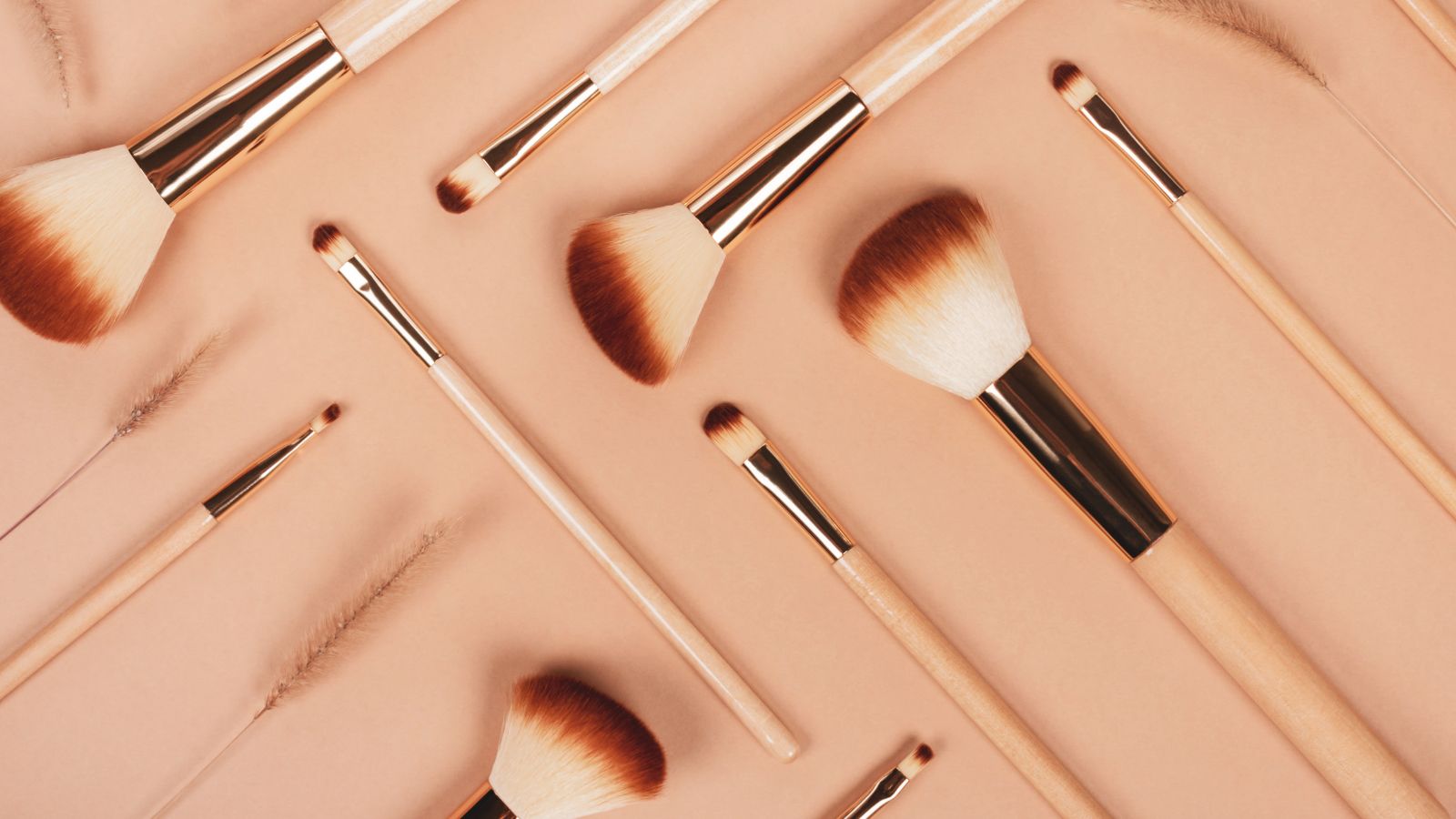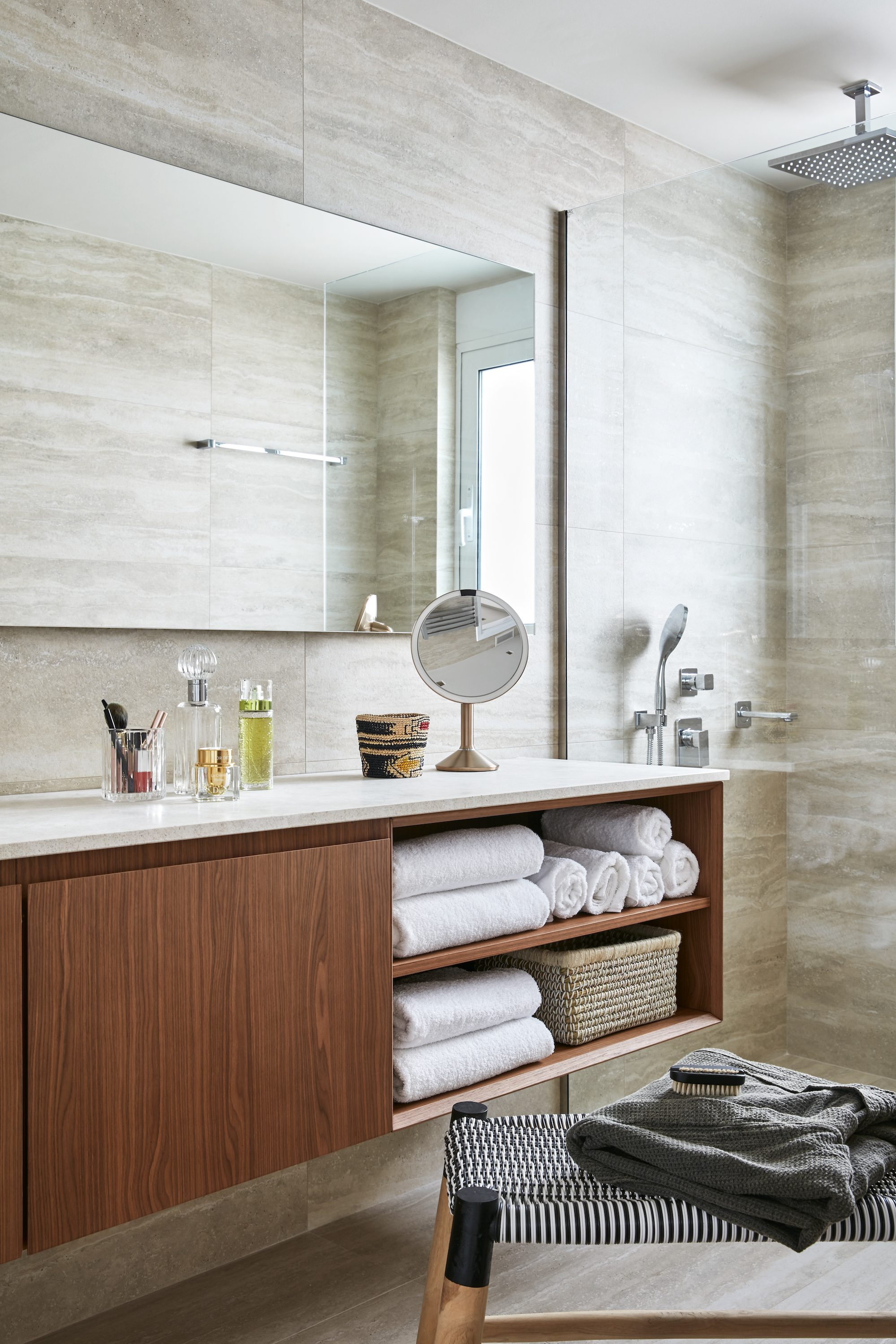
The secret to flawless makeup application is not just the cosmetics brand you use or the skilled hand that applies it, it’s also about keeping your makeup brushes and sponges clean. Trust us, though this step is often overlooked, it's crucial for keeping your skin clear and healthy.
Think of your makeup brushes and sponges as the foundation of your beauty routine. Just as you wouldn't build a house on shaky ground, you shouldn't apply makeup with tools that could harbor bacteria and residue from previous use. Sanitizing, cleaning, and organizing makeup tools are all essential steps to prevent skin irritation and breakouts.
But how and how often should you clean your makeup brushes and sponges? We asked MAUs and clinicians to share their tips and tricks for keeping beauty tools – and your skin – in pristine condition.
How to clean makeup brushes and sponges
You may have perfected your skincare regime, decluttered your makeup drawer, and organized your dressing table, but have you remembered to sanitize your tools? Let’s look at why this step is so important and the best way to deep clean your sponges and brushes.
How often should you clean brushes and sponges?

‘Regularly cleaning skincare tools is crucial to prevent dust, dirt, and bacteria build-up,’ explains Valerie Aparovich, a biochemist and certified cosmetologist-aesthetician. ‘The makeup tools you use daily are breeding grounds for bacteria, which can lead to unwanted consequences like irritation and inflammation.’
Valerie advises that brushes used for dry, powder-based cosmetics should be cleaned every 1-2 weeks, while those used for liquid products should be cleaned after each use. The same goes for makeup sponges, which ideally should be washed right away or at least every 2-3 uses.
How to clean makeup brushes

'Gather your brushes next to the sink, along with a gentle liquid cleanser or soap, and a clean dry towel or paper towel,' begins Cheryl Fork, Founder of clean skincare brand FORK & MELON. Start by cleaning one brush at a time, following these simple steps:
- Squeeze a small amount of soap onto your palm.
- Wet the brush bristles under warm water and swirl the wet brush in the soap on your palm.
- Gently work the cleanser lather through the bristles, massaging to remove makeup and other residue.
- Once done, rinse thoroughly, reshape the brush, and lay FLAT on a clean towel.
- Let them air dry overnight or until the bristles are completely dry and can easily be fluffed.
- Don't be tempted to use your brushes while they are wet, as this can interfere with the formula of your makeup.
'Never fully submerge your makeup brushes in water,' cautions Megan Steinberg, Master Cosmetologist at Alter'D Salon and Spa. 'If water gets down into the ferrule (the metal part of the brush), it can break down the glue that holds the bristles in the brush, or it can develop mildew, which will cause its own host of problems.'
To avoid getting the ferrule wet when rinsing your tools, keep the bristles horizontal or pointed downward towards the drain.
'Those devices that spin brushes are actually awful for your brushes, too,' Megan adds, 'because they can flush the brush full of water and disrupt its integrity.' Instead, she recommends massaging any product out of your brushes using a textured silicone mat, like these portable cosmetic washing pads from Walmart. As long as they are disinfected between uses, these tools are ideal for keeping handy by your sink or on your makeup vanity.
In between brush baths, Megan also recommends using an antibacterial brush spray or liquid brush cleaner to keep your tools in pristine condition.
How to clean makeup sponges

Makeup sponges require extra care. Professional makeup artist Azesha Ramcharan suggests cleaning these tools with a specialist brush and sponge detergent, such as Norate Brush Cleaner from Amazon.
'Add a small amount of the cleaner to warm water and soak the sponge. After a few minutes, agitate and squeeze the sponge to dislodge makeup,' she explains. 'To sanitize sponges, boil them in water for a few minutes. Alternatively, place them in a zippered lingerie bag and run them through the sanitize cycle in the laundry.'
Always store your makeup brushes and sponges in a clean, dry place to prepare them for your next makeup session. This simple habit can significantly extend the life of your tools and protect your skin from unwanted reactions.







